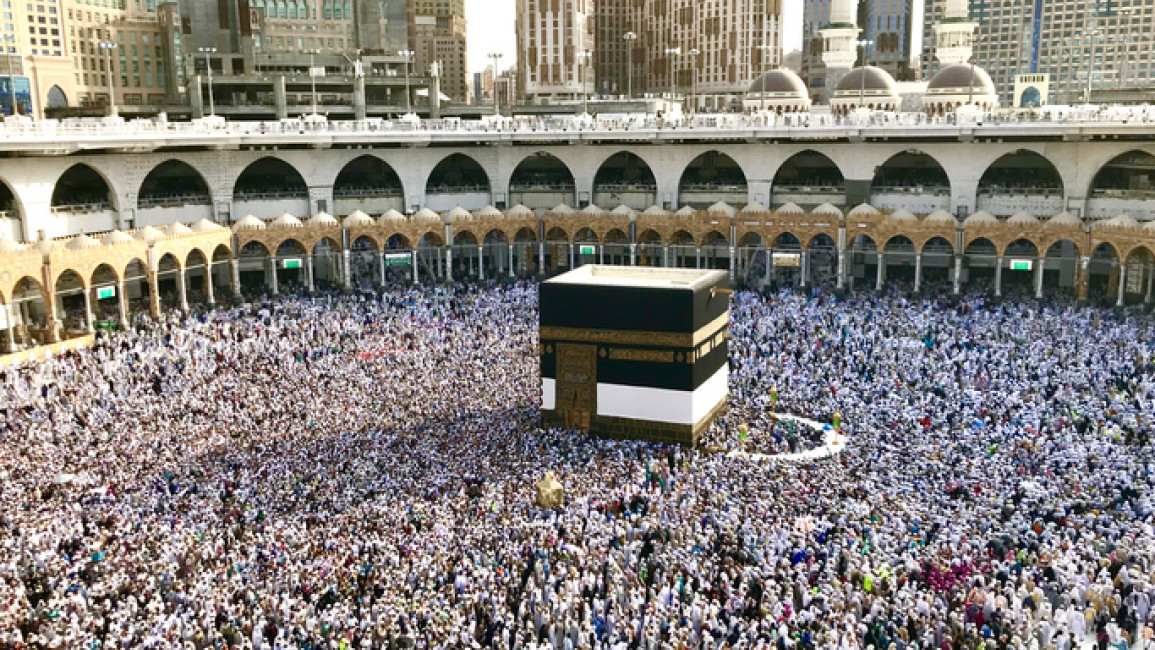Saudi Arabia prepares holy mosques to receive millions of worshippers inha Ramadan
Saudi Arabia have prepared two of Islam’s holiest mosques to receive millions of visitors during the month of Ramadan.
The Grand Mosque in Makkah and the Prophet’s Mosque in Medina are ready to comfortably receive huge numbers of visiting worshippers during the holy month, Gulf News reported Abdul Rahman Al Sudais, the Chief of the General Presidency for Affairs of the Mosques, as saying.
Ramadan, which is expected to begin on Thursday subject to the sighting of a crescent moon, will see practising Muslims fast daily from sunrise until sunset.
"All services provided for visitors of the Grand Mosque (in Makkah) and the Prophet’s Mosque (in Medina) are fully prepared," Al-Sudais said.
"The operation of all escalators, elevators, the sound system as well as the technical, engineering and guidance services is in good shape," he added.
Al-Sudais also said that the presidency “finalised maintenance of the advanced sound system as well as audio and visual transmission of Adhan and prayers live around the world as part of Ramadan preparations".
The Grand Mosque contains the holy Kaaba, a cube structure which is regarded as the most sacred site of Islam and is believed to have been constructed by Prophet Ibrahim, or Abraham, alongside his son Ismail.
Millions of Muslims make the trip to Saudi Arabia to visit the holy sites in Ramadan, and undertake Umrah – a minor Islamic pilgrimage which can be performed at any time of the year, unlike the major Hajj pilgrimage.
The month is considered an opportunity for Muslims to develop their spirituality and relationship with God, as they abstain from eating and drinking during sunlight hours.
Ramadan begins roughly 11 days earlier each year, as the Islamic calendar follows lunar cycles rather than the path of the earth around the sun.



